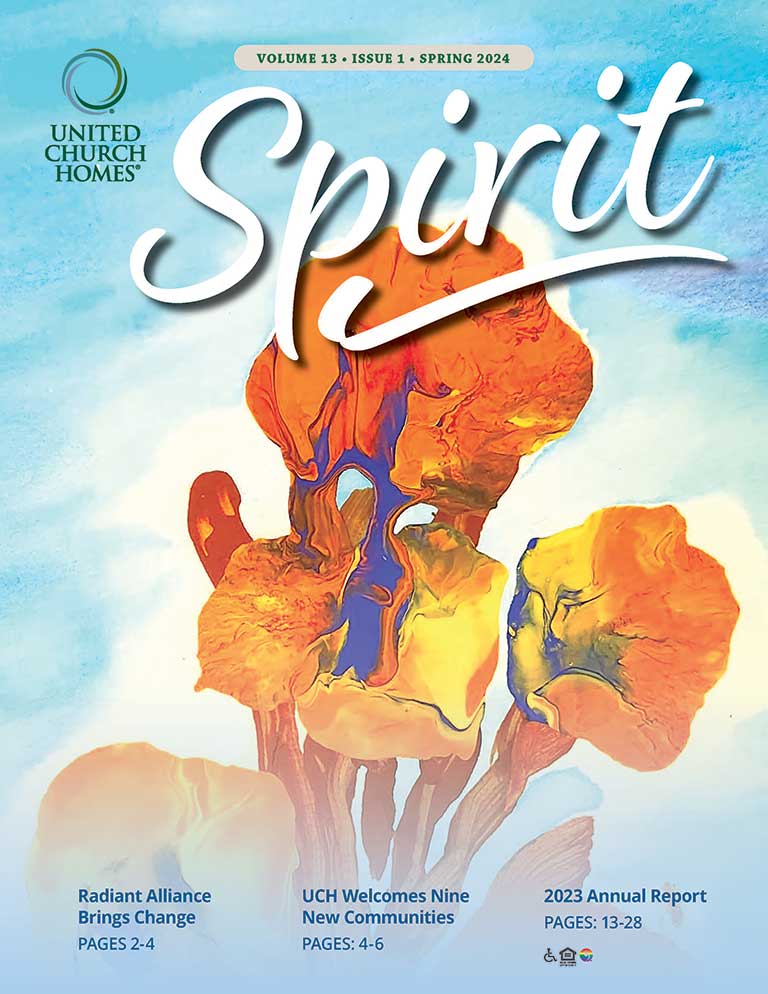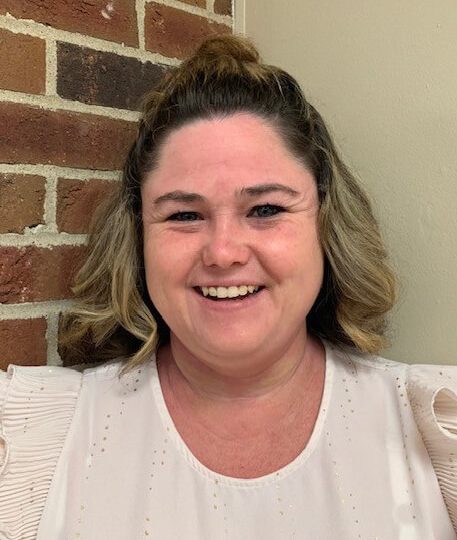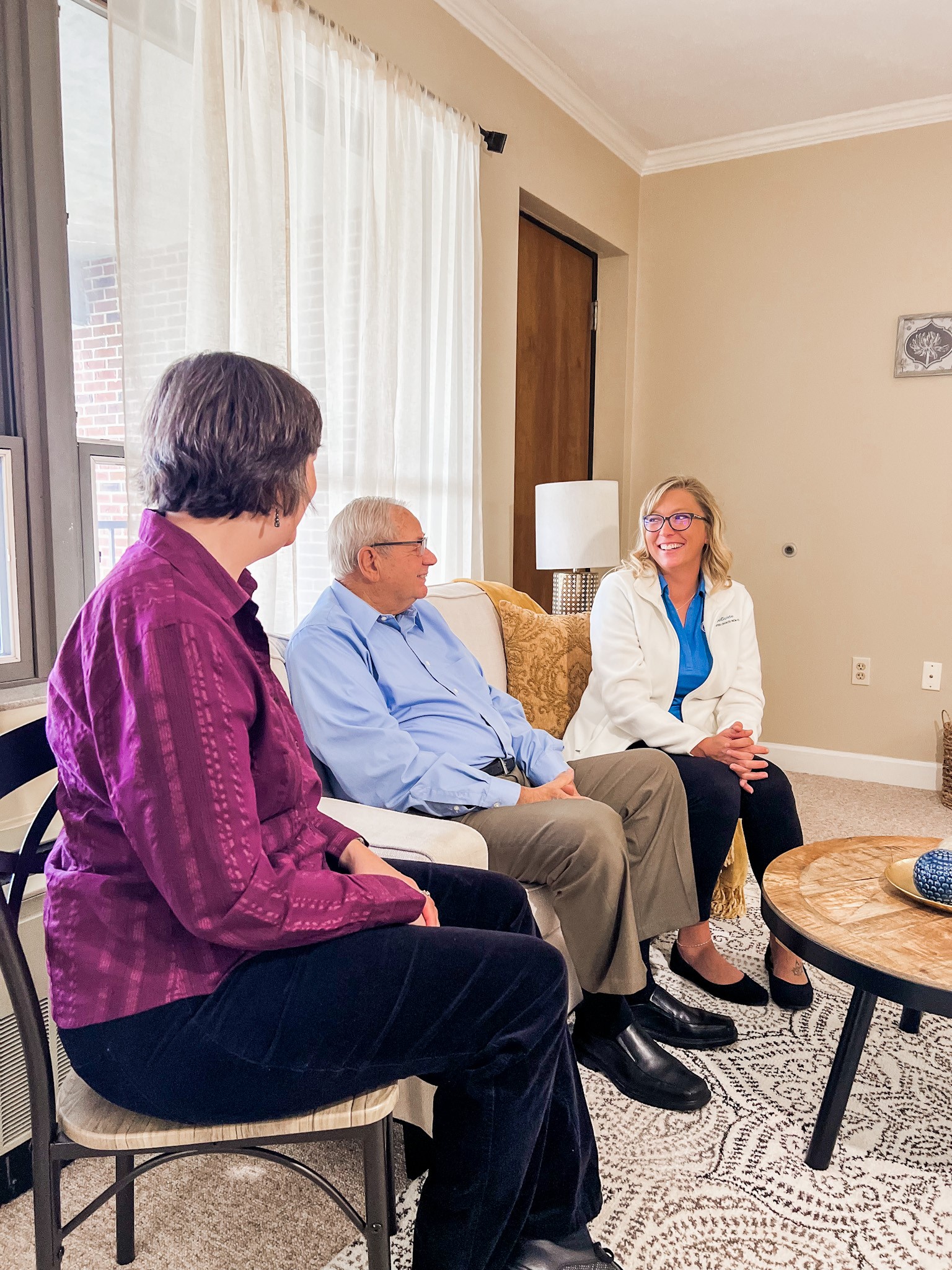United Church Homes is planning for capital improvements to several affordable housing communities. The U.S. Department of Housing and Urban Development in September gave organizations instructions for accessing new resources for renovations to project rental assistance contract (PRAC) properties. The guidance expands Rental Assistance Demonstration to preserve PRACs, referred to as RAD for PRAC.

Preservation of Existing Affordable Housing Communities
As a result of the guidance, owners of more than 125,000 202/PRAC homes can decide whether to leverage financing for preservation and position themselves for sustainable futures. RAD was authorized by Congress in 2011 to allow for the conversion of primarily public housing to the Section 8 platform. RAD has allowed public housing agencies to
leverage billions of dollars in financing to preserve these homes. After years of advocacy by LeadingAge and other stakeholders, Congress expanded the RAD program in March 2018 to include 202/PRACs. Properties may have their PRAC rents adjusted from $15-$27 per month if needed to provide effective supportive services for older adults.
Throughout the U.S., more than 130,000 older adults live in Section 202 housing built using HUD’s PRAC subsidies, which became available in 1990. As of 2017, there are 125,141 PRAC-subsidized apartments in use, according to HUD. United Church Homes Housing Services assists about 3,600 residents in 13 states and two Native American nations, making it one of the nation’s largest providers of affordable housing for low-income older adults.
UCH Affordable Housing Communities
Eleven of UCH’s affordable housing communities are 30 years or older, and 14 are 25-29, with close to half of those being PRACs. Twenty-two communities — all PRACs — were built 20-24 years ago. Friedenheim Community in Burlington, Iowa, was UCH’s first PRAC. It opened April 1, 1993.
“We are excited about the RAD for PRAC opportunity,” said Cheryl Wickersham, vice president of housing services at United Church Homes. “Replacement reserve balances have not kept pace with the aging buildings and equipment. RAD for PRAC will permit us to obtain financing for much-needed repairs. It is extremely important that the PRAC communities are adequately funded and preserved as the average resident in our PRAC communities pays just $200 per month for rent and utilities.”
LeadingAge Advocacy
Cheryl served on a workgroup for the national LeadingAge organization, which has over 6,000 nonprofit members and partners representing the entire field of aging services. The workgroup’s goals included preserving service coordinator funding.
“With such a high need for affordable housing, it is critical that we preserve existing affordable housing as we also work to expand its supply,” LeadingAge’s Linda Couch said in an article for Affordable Housing Finance. “That’s particularly true for … HUD’s Section 202 Supportive Housing for the Elderly homes, a program that serves older adults with average incomes of $13,300 annually. In fact, in some cases, such as homes built as part of the Section 202 program with Program Rental Assistance Contracts (PRAC), preservation has become a near form of art.”
Linda said HUD’s announcement of RAD for PRAC funding is proof of the power and need for advocacy.
“Demand for high-quality affordable homes for older adults is surging,” she said. “Preserving what we have is paramount. This will be a significant help to LeadingAge members and providers. We will continue to work with members to ensure they are well equipped to make the most of HUD’s directives.”
View all articles by:






















